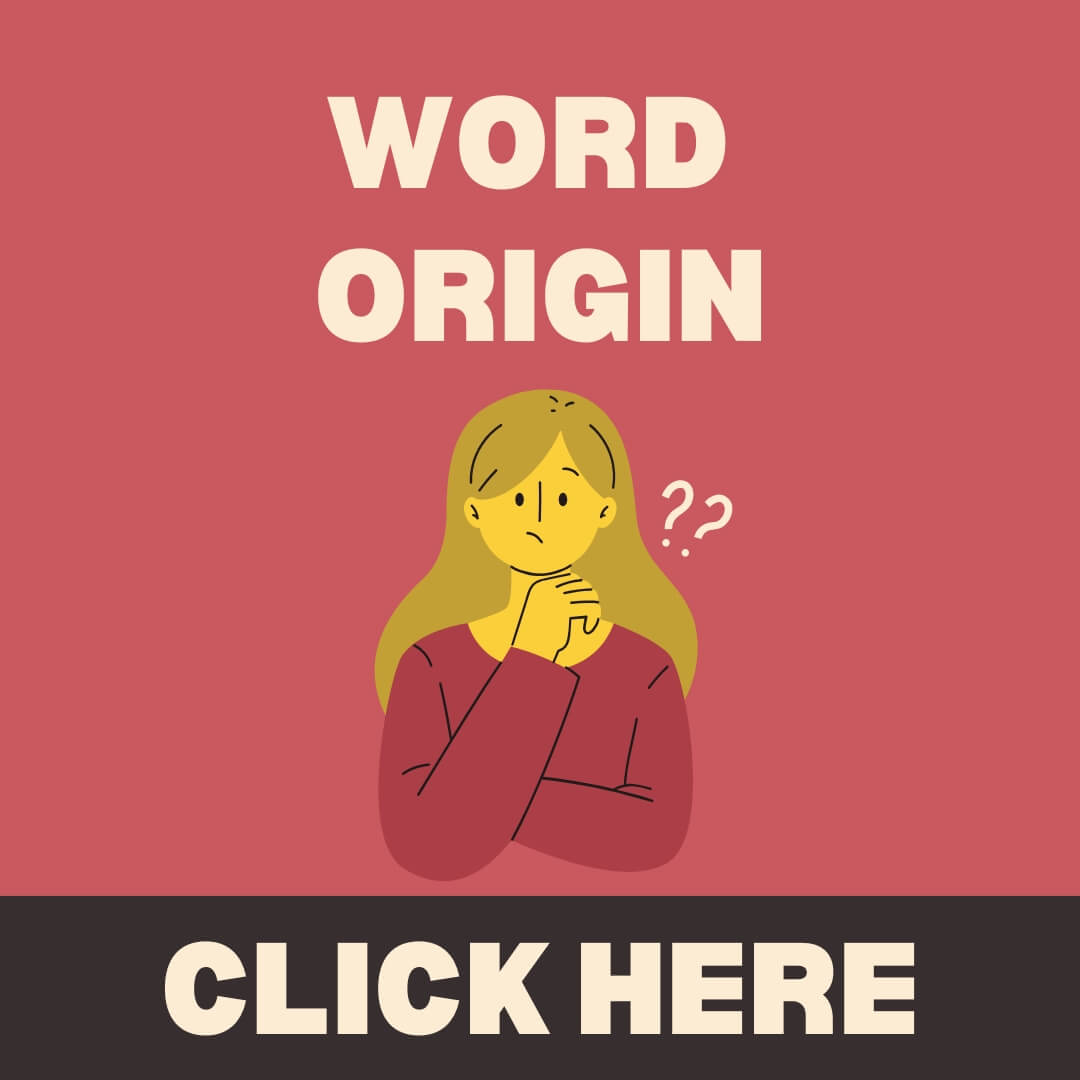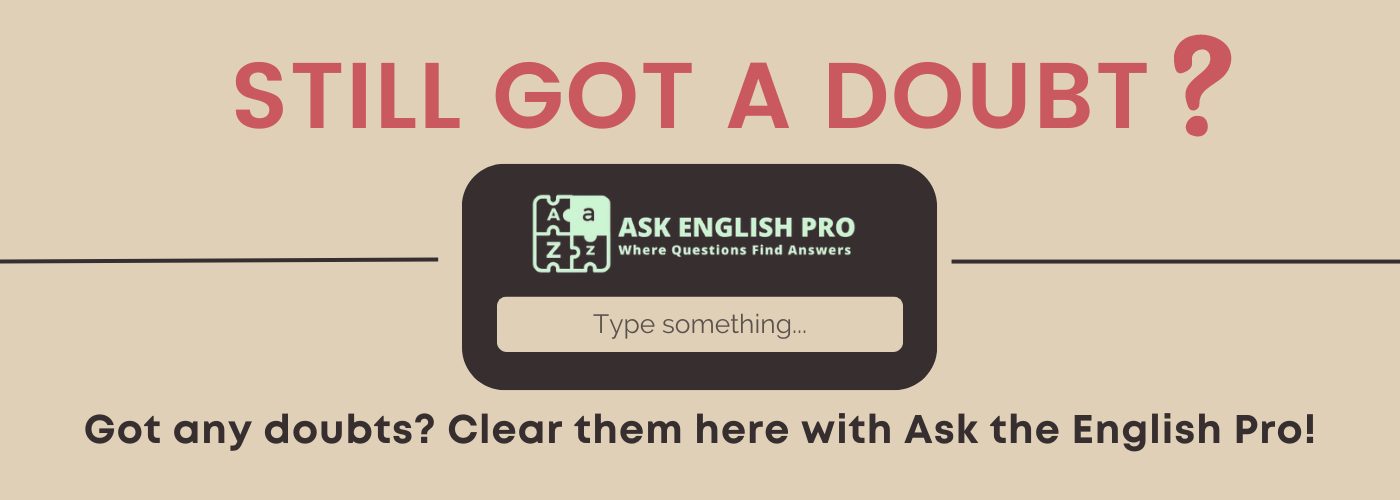Detailed Article for the Word “Blatant”
What is Blatant: Introduction
Like a neon sign flashing in the dark, “blatant” describes something so obvious it demands attention. Often used to highlight actions or behaviors that are shockingly clear or unashamed, the term conveys a sense of something that is done openly, without concealment or subtlety. In our society, where actions and motives are constantly scrutinized, calling something “blatant” captures the undeniable boldness or transparency of a situation, whether it’s a bold lie or a clear injustice. It is a word that challenges us to confront what cannot be ignored.
Origin and History of the Word Blatant
The word “blatant” was coined in the late 16th century by poet Edmund Spenser in his epic poem, “The Faerie Queene,” to describe a “blatant beast” that represented slander and noise. Spenser derived the term from the Latin “blatire,” meaning “to babble” or “to bleat,” evoking the idea of loud, intrusive sounds. Over time, “blatant” evolved from describing something noisy to depicting any action or behavior that is openly and offensively obvious. Its evolution reflects a shift from sound-based associations to describing behaviors that seem glaringly, often rudely, transparent.
Meaning and Definition of Blatant
Blatant (adjective):
- Completely obvious, especially in a shameless or offensive way; done openly without trying to hide it.
- Noisy in a vulgar or obtrusive manner (original use, now less common).
- Glaring, unmistakable; impossible to ignore due to its obviousness.
How to Pronounce Blatant
BLAY-tuhnt
How to Remember Blatant: Memory Tips
Think of “blatant” as a blend of “blast” and “important”—something so blatant feels like it’s blasted out for everyone to see. You might also visualize someone making a loud, obvious statement, where the “bla” sound reminds you of blaring sounds that draw attention. Remember: a blatant lie stands out boldly, as if it were flashing in big, neon letters.
Blatant in a Sentence: Examples and Usage
- Political: The candidate’s blatant disregard for the facts shocked the audience during the debate.
- Social: Her blatant attempts to impress her boss were obvious to everyone in the office.
- Literary: In the novel, the antagonist’s blatant cruelty becomes a symbol of unchecked power.
- Legal: The court condemned the corporation’s blatant violation of environmental laws.
- Everyday: It was a blatant lie, and everyone could see right through it.
- Media: The story was a blatant exaggeration, clearly intended to attract readers.
- Commercial: The advertisement made a blatant appeal to consumers’ fears to sell the product.
Difficulty Level of Using Blatant
Intermediate:
- Commonly used in spoken and written English.
- Its obvious meaning makes it easy to understand but careful use is needed to avoid unintended offense.
- Best used in contexts where emphasis on shamelessness or boldness is intended.
Modern Usage of Blatant in Contemporary Context
In modern discourse, “blatant” is widely used to critique actions that lack subtlety, often in political, social, and media contexts. News reports frequently describe instances of “blatant corruption” or “blatant lies,” reflecting the public’s quickness to call out behavior that seems shamelessly apparent. On social media, the word is commonly used in discussions about hypocrisy, double standards, or misinformation, as users highlight cases where truth or ethics are disregarded.
In marketing, “blatant” often describes campaigns that make an obvious appeal to emotions or biases, sometimes raising ethical questions. The word has also found its place in humor and satire, where “blatant” overstatements are used to exaggerate flaws in people or policies. As digital communication continues to bring more transparency to public actions, the need to call out “blatant” behavior remains relevant, serving as a reminder to strive for honesty and integrity.




















Blatant=blah blah
Someone who talks(blah blah) a lot and hence can’t be ignored
blatant remarks are the sign of innocence among sophisticated classes